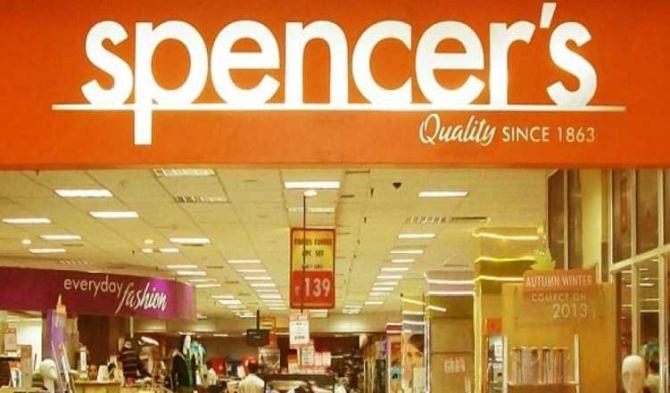The numerous integration measures have led to savings in areas including supply chain, technology, inventory management, and marketing.

Over the last one year, Spencer’s Retail has been integrating the operations of Nature’s Basket by adopting cross-selling, replicating parts of the latter’s operations and rationalising of stores.
Spencer’s acquired a 100 per cent stake in Nature’s Basket from the Godrej Group for Rs 300 crore last July.
Shashwat Goenka, sector head - Retail and FMCG at RP-Sanjiv Goenka Group, said: “Over the last year, we have exploited synergies in multiple areas between both the companies, for cross-selling of private brands, gifting and a range of products which were unique yet complementary to each other’s offerings.”
The Healthy Alternative brand, for instance, was launched in few Spencer’s stores, which added a specialty option to its existing range of private labels: Spencer’s Finest, Smart Choice, Tasty Wonders, Clean Home, Care & Essentialz, and 2BMe.
The acquisition of Nature’s Basket came with private brands such as Nature’s, L’Exclusif, and Healthy Alternatives that account for 12.6 per cent of its overall revenues.
The numerous integration measures have led to savings in areas including (but not limited to) supply chain, technology, inventory management, and marketing, said Goenka.
The other leg of the restructuring exercise was rationalising unviable stores. Spencer’s took over 36 stores of Nature’s Basket and the count today is 33, including a new store on Park Street in Kolkata.
Does that complete the rationalisation exercise?
Goenka explains: “Rationalisation of operations in any business is a continuous process, and we will actively review business performance. We took corrective actions where we did not see a long-term potential for turnaround.”
So far, the acquisition has been a drag on Spencer’s financial performance.
In the financial year 2019-20, Spencer’s recorded a pre-tax loss of Rs 57 crore, while on a consolidated basis, that stood at Rs 130 crore.
The company’s total income was at Rs 2,671.88 crore.
Spencer’s has two wholly owned subsidiaries: Omnipresent Retail India and Nature’s Basket.
For the year ended March 31, 2020, Nature’s Basket had a turnover of Rs 268.67 crore and pre-tax loss of Rs 69.31 crore.
The year, however, was also marked by a slowdown and weak consumer sentiment. Spencer’s had ended FY19 with a pre-tax profit of Rs 4.2 crore.
“We are working towards a turnaround in Nature’s Basket, and the key areas of focus will be around growth and cost optimisations within the business.
"We have already witnessed a significant improvement between the time we took over the business and now,” Goenka said.
Spencer’s annual report mentioned that there was a perceptible quarter-on-quarter improvement in the performance of Nature’s Basket as revenues increased, inventories declined, cash flows strengthened, the business turned working capital-negative, and losses declined quarter-on-quarter.
Spencer’s believes that the business of Nature’s Basket would scale from this point onwards and reach its break-even point soon.
But as Spencer’s works towards turning around Nature’s Basket, plans are afoot to expand the brand.
Goenka says, “Nature’s Basket is a strong brand with a massive potential, and we will continue to expand the brand - both in newer micro catchments available in our existing markets of operation and by taking it to newer cities, like we did by expanding into Kolkata.”
Photograph: Courtesy, Spencer's











